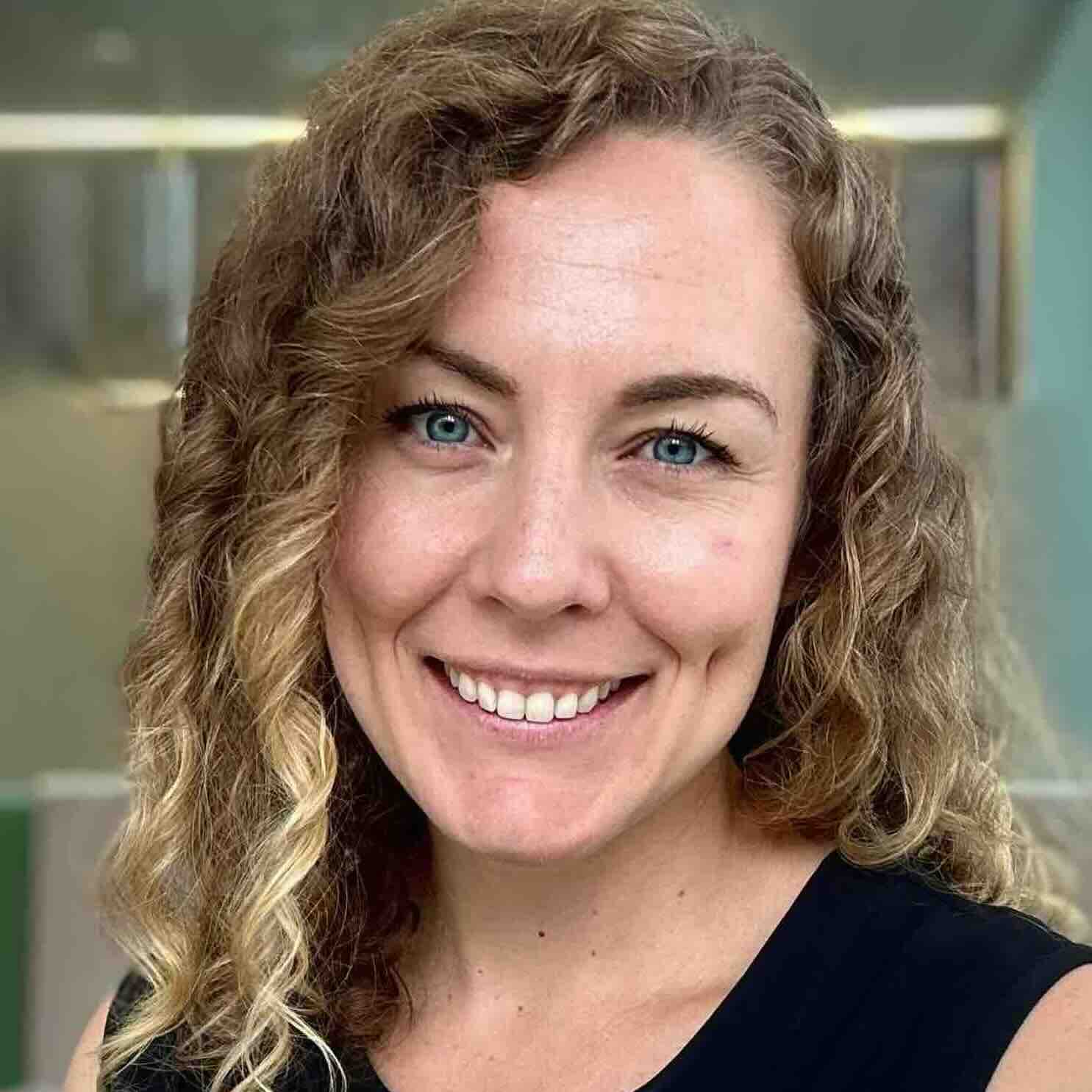You may have heard that phages "still haven’t made it through clinical trials.” What does this mean, and is anyone making any progress on this?
Are they toxic? Do they work?
To sell a phage as a drug in the US, you need to show the FDA that it’s safe in humans and that it works better than whatever’s already on the market to treat the condition you’re trying to treat. The European Medicines Agency (EMA) regulates drugs similarly in Europe.
Phase I, II, III… what?
You may have heard about phase I, II and III clinical trials. What do these mean? Put simply, phase I trials involve testing the drug on people to see if the drug is safe. Phase II trials involve testing for efficacy and looking for side-effects (usually 100-300 patients). Phase III trials are similar, but involve a lot more patients (usually 300-3000).
Are phages there yet?
Several research groups and companies around the world have completed phase I trials to show that phages are safe in humans. As well, many phage therapy case studies and case series have been done to evaluate phage efficacy. However, although case studies and case series can inform the design of randomized, controlled clinical trials, they do not replace them. Only a few randomized, controlled phase II clinical trials have been completed with phages, and those that have been completed have shown mixed outcomes.
In 2009, a small (24 patients) randomized, controlled phase II clinical trial in the UK showed that phages improved P. aeruginosa-induced ear infections. On the other hand, other randomized, controlled phase II phage trials have had things go wrong.
Are we learning anything?
We can learn a lot about how to do phage trials by scrutinizing the trials that didn’t show phage efficacy. For example, in 2013, a phase II trial was done to test the efficacy of E. coli phages on diarrhea in children, but the phages didn’t get rid of the diarrhea. However, it was later found that the diarrhea probably wasn’t caused by E. coli, so the fact that the E. coli phages didn’t help isn’t surprising. This trial emphasized the importance of pre-identifying the disease-causing organism before treating with phages.
As recently as this year, a phase II trial to test phage treatment of P. aeruginosa-infected burn wounds, known as PhagoBurn, was completed in France, Belgium and Switzerland by the French company Pherecydes Pharma. Unfortunately, this trial showed that phages were less effective than the standard of care for burn patients. However, the company admitted that mixing their phages in a cocktail actually inactivated most of their phages, so patients ended up getting far fewer phages than they were meant to. The surprising part is that this low-level phage treatment actually did help the patients. This trial underscored the importance of understanding the conditions that inactivate or destabilize a given phage before using it for therapy.
What will 2019 bring?
Looking forward, 2019 could be one of the biggest years yet for randomized, controlled clinical trials that look for phage efficacy. For instance, Ampliphi will be doing phase II phage trials to treat Staphylococcus aureus-induced bacteremia and prosthetic joint infections and P. aeruginosa-induced pneumonia and bacteremia. Intralytix will be doing phase II phage trials to treat adhesive invasive E. coli (AIEC) infections in inflammatory bowel disease patients. Adaptive Phage Therapeutics will be testing its phages on UTIs in children (paywall).
Large, controlled, randomized efficacy trials cost a lot more than small safety trials, so it’s a big deal that companies are making these investments. The bottom line is that it’s becoming clear that phages are safe and that they’re probably effective at treating infections—now it’s likely just a matter of getting the conditions right.
Thanks for reading! Next week, we’ll cover phage treatments that are done outside of traditional clinical trials—who’s getting treated and how does this work?
~ Jessica
<>={






